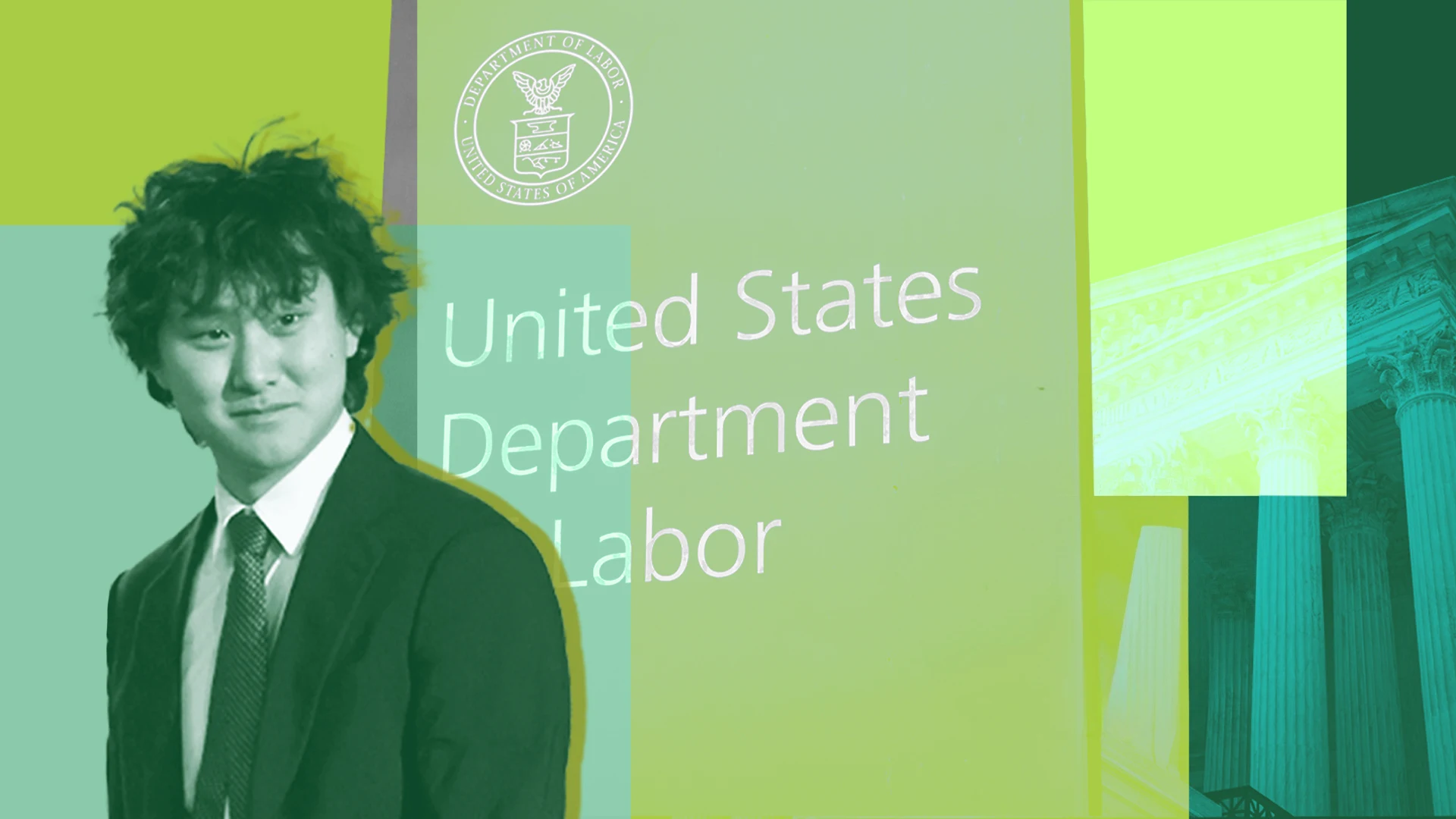Why Seeing an ENT Doctor Is Crucial for Persistent Headaches
ENT Doctor

Headaches are one of the most common health complaints—most of us get them occasionally. But if you're dealing with persistent headaches that seem to come and go without reason, it might be time to dig a little deeper. While many people turn to general practitioners or neurologists for answers, there’s another specialist who may hold the key to long-term relief: an ENT doctor.
You might be wondering, “What does an ear, nose, and throat specialist have to do with headaches?” The answer is: a lot more than you think.
When Headaches Aren’t Just Headaches
Recurring headaches can stem from various causes, but many are linked to underlying sinus, nasal, or ear-related issues—especially when the pain is felt around the eyes, forehead, or cheeks. These types of headaches are often mistaken for migraines, leading to misdiagnoses and treatments that don’t work.
Interestingly, studies show that a high percentage of patients who believe they have sinus headaches are actually experiencing migraines. However, the opposite is also true—what’s diagnosed as a migraine might actually be a chronic sinus problem, ear pressure imbalance, or even a structural issue in the nasal passages. That’s where an ENT doctor comes in.
What Does an ENT Doctor Actually Do?
An ENT doctor, also called an otolaryngologist, is a medical specialist who treats problems involving the ears, nose, throat, head, and neck. Their expertise goes beyond treating ear infections or seasonal allergies—they're trained to identify subtle, interconnected conditions that might not be obvious at first glance.
When it comes to headaches, an ENT doctor can evaluate:
-
Chronic sinus infections or inflammation
-
Nasal blockages such as a deviated septum
-
Ear pressure or fluid buildup
-
Allergies contributing to sinus congestion
-
Tension in the jaw or throat muscles affecting head pain
-
Balance and dizziness issues linked to the inner ear
Rather than focusing only on neurological causes, they take a holistic view of your upper airway and facial anatomy, which is often the missing piece in treating chronic headaches.
Common Signs That Point to ENT-Related Headaches
You don’t need to wait until things get unbearable to consult an ENT doctor. If you're experiencing any of the following symptoms along with your headaches, it's a sign that ENT issues could be involved:
-
Pain or pressure in your face, especially around the cheeks or forehead
-
Stuffy nose or constant nasal drainage
-
Headache that gets worse when you bend over or lie down
-
Frequent sinus infections or colds that linger
-
A feeling of fullness in your ears
-
Mild hearing loss or balance problems
-
Headaches that occur with seasonal allergies
These symptoms point toward sinus, nasal, or ear-related triggers—all areas that an ENT doctor is trained to evaluate and treat.
Why Migraines and Sinus Headaches Get Mixed Up
It’s easy to understand the confusion. Both migraines and sinus headaches can involve facial pain, pressure, and even nasal congestion. But they originate from very different mechanisms.
Migraines are neurological and often include symptoms like:
-
Throbbing, pulsating pain
-
Nausea or vomiting
-
Sensitivity to light and sound
-
Visual disturbances or auras
-
Pain that worsens with movement
Sinus headaches, on the other hand, are usually caused by sinus infections or inflammation. They come with symptoms like:
-
Facial tenderness
-
Thick nasal discharge
-
Swollen sinuses
-
Fatigue
-
Mild fever
An ENT doctor can perform specific tests to determine the difference, including nasal endoscopy or imaging like a CT scan, which shows whether your sinuses are inflamed or blocked. These insights are critical for finding the right treatment, not just temporary relief.
Diagnosis and Treatment Options from an ENT Doctor
One of the biggest advantages of seeing an ENT doctor for chronic headaches is getting a clear diagnosis—and a treatment plan tailored to your condition. Depending on what’s causing your symptoms, treatment may include:
-
Prescription nasal sprays to reduce inflammation
-
Antibiotics if an infection is present
-
Decongestants or antihistamines for allergy relief
-
Saline nasal rinses to flush out irritants
-
Balloon sinuplasty, a minimally invasive procedure to open blocked sinuses
-
Septoplasty or sinus surgery if structural issues are the root cause
In cases where dizziness, ear pain, or balance issues accompany the headaches, your ENT doctor may also evaluate for inner ear disorders or recommend vestibular therapy.
Getting to the Root of the Pain
Headaches caused by ENT-related conditions are often overlooked because the symptoms can be so similar to other types of head pain. Unfortunately, this leads many people to rely on over-the-counter pain relievers that never address the root of the problem.
By consulting an ENT doctor, you’re not just managing symptoms—you’re uncovering potential issues in your sinuses, ears, or nasal passages that might have gone undetected for years. For many patients, finally understanding the source of their pain is life-changing.
If you're interested in diving deeper into how headaches and sinus conditions can overlap, check out this informative article on the differences between sinus headaches and migraines
When Should You Make an Appointment?
If you’ve been experiencing persistent headaches that aren’t improving with standard treatments—or you’ve noticed new symptoms like facial pressure, nasal congestion, or ear discomfort—it’s a smart move to book an appointment with an ENT doctor.
Even if you’re already working with a neurologist or primary care provider, an ENT consultation offers a complementary perspective that could unlock the solution you’ve been missing.
Final Thoughts
Headaches can be a daily burden, especially when the cause remains a mystery. But sometimes, the answer isn’t in your brain—it’s in your sinuses, ears, or nasal structures. That’s why seeing an ENT doctor is more than just a referral—it’s a powerful step toward lasting relief.
Whether you're battling sinus pressure, ear discomfort, or mysterious head pain that comes and goes, don't overlook the role an ENT doctor can play in your recovery. With the right diagnosis and treatment plan, you can finally get back to living headache-free—and stop treating symptoms that never really go away.
Take control of your health and schedule a visit with an ENT doctor today. Your head will thank you.



























































































































































